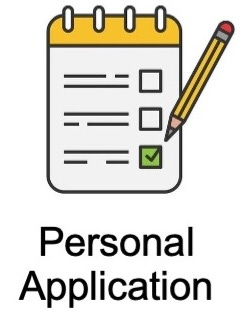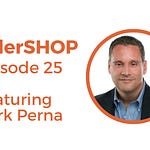In some workplaces, “leadership development” is all about equipping people to influence others. That’s a virtuous goal, but it often misses a crucial reality: to be genuinely effective in leading others, you must first master the challenge of leading yourself.
Heather Younger understands that reality. She’s a celebrated workplace culture and employee engagement expert who’s written several bestselling books helping people navigate the roads to effectiveness in both their professional and personal lives. Her latest offering is The Art of Self-Leadership: Discover the Power Within You and Learn to Lead Yourself.
Heather embraces the view that leadership is a personal quality, not a job description.
If self-leadership involves growing inwardly to shine outwardly, how can a leader-in-embryo deal with occasional bouts of imposter syndrome?
“The first thing to focus on is measuring your own successes and recognizing the work you put in to get to where you are today,” Heather says. “At the center of imposter syndrome is a propensity to compare someone else’s journey to our own. The most practical way to keep our eyes on what we have accomplished is to keep a daily journal of the things we are most proud of. When we do this, we shift our mindset and then our behaviors to keep moving us forward. One added layer here is that preparation makes us perform at our best and the positive results reinforce that we are as good as others expect of us.”
If you maintain an honest record of what you’re doing and the contributions you’re making, you’re unlikely to experience imposter syndrome.
A “fixed” mindset can hamper your attempts to prepare for future leadership opportunities. By adopting a “growth” mindset, you can open doors of opportunity you never imagined.
Gaining clarity on your personal values is critical to your self-leadership journey.
What can you do to build a network of people who can provide unvarnished feedback and supportive guidance in your self-development journey?
How can you improve in your “active listening” skills, and what specific benefits would you expect to derive from that improvement?
How can you “manage up” if your own leaders provide ambiguous, less-than-helpful direction?













